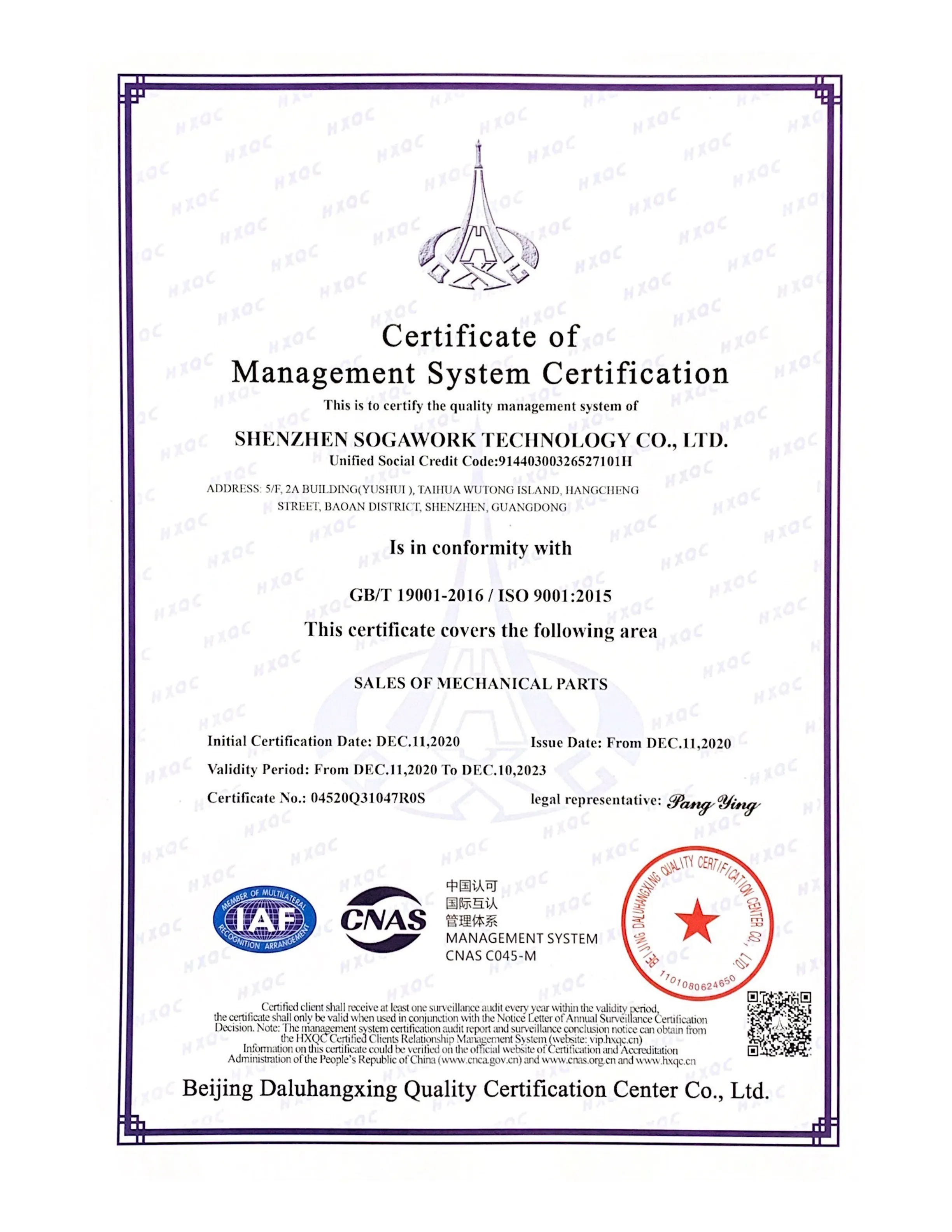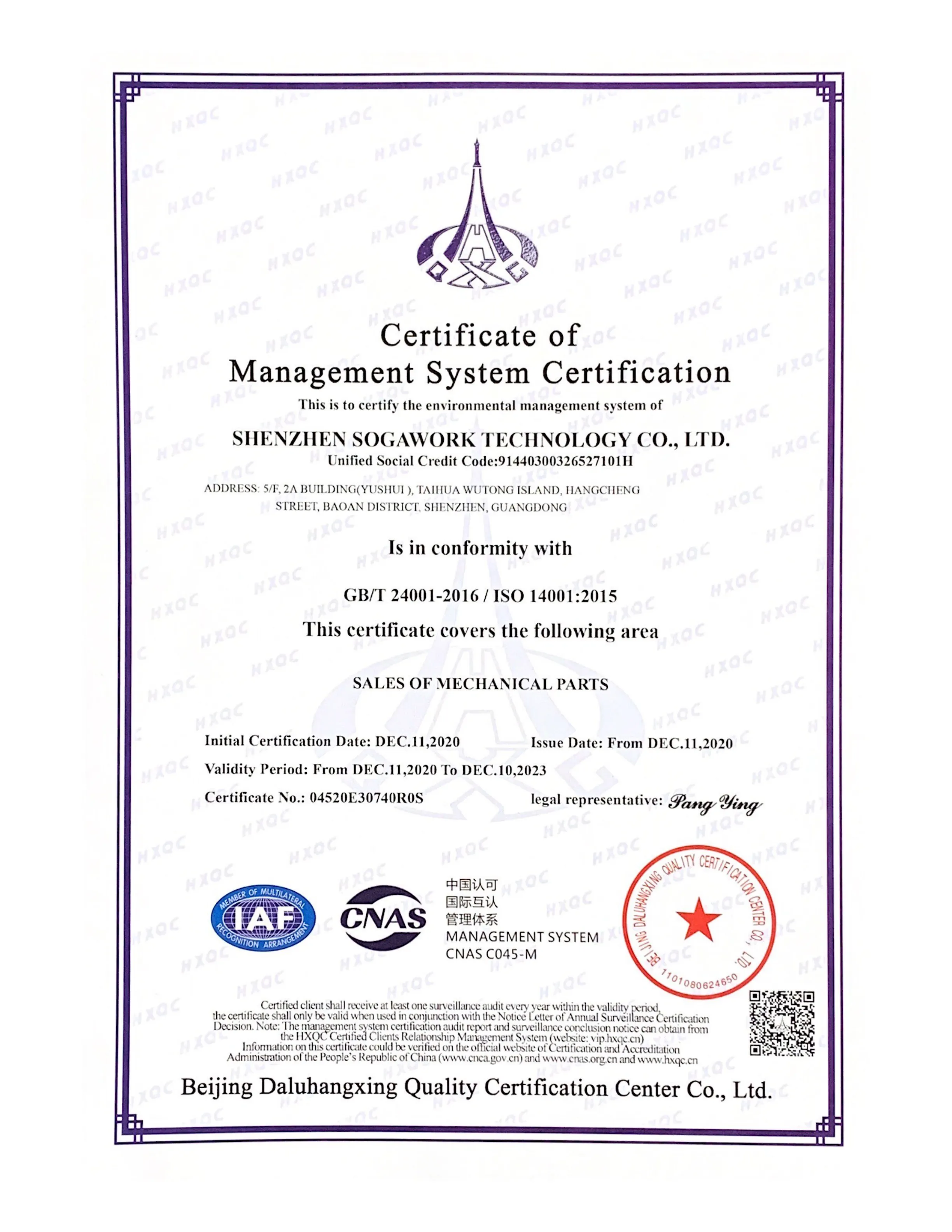In the dynamic landscape of automotive manufacturing, precision is the bedrock upon which reliability, performance, and innovation are built. At the heart of this precision-driven evolution lies precision CNC machining — a technology that has reshaped the production of automotive parts. This article discusses the role precision CNC machining plays in Automotive Parts Production.
What is CNC Machining in Automotive
CNC machining in the automotive industry refers to the advanced manufacturing process that utilizes computer-controlled machinery to precisely shape and form raw materials into intricate components. This sophisticated technology involves the creation of a 3D CAD (Computer-Aided Design) model, which is then translated into a CNC program. This program guides the CNC machines through a series of precise movements and cuts, transforming raw materials such as metals, plastics, or composites into highly specific automotive parts. In the context of automotive manufacturing, CNC machining offers a level of precision that is paramount for producing components with tight tolerances, ensuring optimal performance and safety in vehicles.
Advantages of CNC Machining for Automotive
CNC machining brings a myriad of advantages to the automotive manufacturing process, revolutionizing how crucial components are crafted. Here are some major advantages.
High speed
In automotive manufacturing, where time-to-market is crucial, CNC machining enables faster turnaround times for the production of components. CNC machines are designed to operate at rapid speeds while maintaining precision, making them well-suited for the high-volume production demands of the automotive industry. The automation and programmability of CNC machines reduce setup times and allow for continuous, uninterrupted machining processes.
High Accuracy
High accuracy in automotive parts is imperative due to their direct impact on the overall performance, efficiency, and safety of vehicles. Precision in manufacturing ensures that components fit seamlessly together, minimizing wear and optimizing functionality. In transmission gears, for example, which require tooth profiles achieving a tooth profile deviation within 20 to 30 micrometers to ensure smooth engagement and minimize noise.
It is challenging for manual manufacturing, therefore, CNC Machining is the best solution due to its precision, accuracy, high tolerances, and ability to make parts with complex designs. It is also computer-controlled.
Automation
In the automotive industry, where precision and consistency are paramount, CNC machines when automated, significantly reduce the need for manual intervention. Automated CNC machining systems can operate 24/7, leading to continuous and high-speed production, ultimately accelerating the manufacturing timeline. The integration of automation allows for seamless transitions between different machining operations, reducing downtime and enhancing overall efficiency. Furthermore, automated CNC machining enables the quick and precise replication of complex components, ensuring uniformity in mass production.
Repeatability
CNC machines excel in repeatedly reproducing identical parts with minimal variation, a feature that is particularly beneficial in the automotive industry. As vehicles are mass-produced, maintaining consistent dimensions and specifications is essential for assembly line efficiency, product quality, and overall reliability. CNC machining ensures that each part, from intricate engine components to complex transmission parts, is replicated precisely, reducing the risk of variations that could impact performance or safety. This level of repeatability not only streamlines manufacturing processes but also contributes to the uniformity and standardization of automotive components, ultimately enhancing the overall quality and dependability of the finished vehicles.
Customization
In an era where automotive trends are rapidly evolving, the customization capabilities of CNC machining empower manufacturers to adapt to new design requirements and produce vehicles that align with emerging market demands. CNC machining allows for the production of highly customized and intricate components, accommodating the unique specifications required by different automotive designs. Whether it's crafting specialized engine parts, intricate interior components, or unique body elements, CNC machining can be tailored to produce a wide range of complex shapes and sizes. This customization extends to materials as well, with CNC machines compatible with various metals, plastics, and composites, providing automotive manufacturers the freedom to choose materials that best suit the specific requirements of each component. Additionally, the programmable nature of CNC machining enables rapid adjustments to accommodate design changes, facilitating a more agile and responsive manufacturing process.
CNC Machines used in Automotive manufacturing
Several types of CNC machines find application in automotive part manufacturing:
CNC Milling Machines
Ideal for creating complex shapes and contours, CNC milling machines are widely used in producing engine components, transmission parts, and intricate chassis elements.
CNC Lathes
Lathes are employed for turning operations and crafting cylindrical and symmetrical parts such as shafts, bushings, and bolts with exceptional precision.
CNC Routers
Routers are crucial for cutting and shaping materials like composites and plastics used in interior components and non-structural elements.
Multi-Axis CNC Machines
Multi-axis machines, including 4-axis and 5-axis machines, enable the production of highly complex geometries. This is vital for manufacturing components with intricate designs, reducing the need for multiple setups.
Common Materials Used in Automotive CNC Machining
In the intricate tapestry of automotive manufacturing, CNC machining emerges as a key player, shaping materials with precision to meet the demanding standards of the industry. From aluminum alloys contributing to lightweight and corrosion-resistant parts to robust steel used in high-stress components, each material plays a crucial role in crafting gears, engine components, and beyond.
Aluminum Alloys
These materials possess the characteristics of light weight, corrosion resistance, and high strength-to-weight ratio.
Range of grades and their applicable parts:
6061 - Engine components, such as cylinder heads and manifolds, suspension components, brackets, and structural elements in chassis and body construction.
7075 - gearbox parts, pistons, and components in the suspension system.
Steel Alloys
These materials possess the characteristics of durability, corrosion resistance, strength.
Range of grades and their applicable parts:
1018 - fasteners, brackets, and some structural elements in the chassis.
1045 - Gears, shafts, high-wear components, and certain structural elements in the chassis.
4140 - gears, axles, and structural elements in the chassis.
Titanium
Titanium possesses the characteristics of High strength-to-weight ratio, corrosion resistance, and heat resistance.
The most common grade of titanium is Grade 5(Ti-6Al-4V), it used to produce components such as engines, and suspension.
Plastics
These materials possess the characteristics of lightweight, durability, and versatility. common types of plastics used in automotive include ABS, PP, PVC, and PE. They are used to produce components such as interior panels, seating, fuel tanks, etc.
What Automobile Parts Can Be CNC Machined
CNC machining plays a pivotal role in various applications within the automotive industry, contributing to the precision and efficiency required for modern vehicles.
Gearbox
The gearbox, a critical component in automotive systems, relies on CNC machining for the production of precise transmission gears and shafts. CNC machining ensures that the gear teeth are accurately shaped, allowing for smooth and efficient engagement between gears. The intricate designs of transmission components demand tight tolerances, a requirement that CNC machining fulfills consistently. This precision not only enhances the durability and efficiency of the gearbox but also contributes to the overall performance and reliability of the vehicle.
Interior panel
CNC machining plays a pivotal role in shaping interior components, including dashboard elements, trim pieces, and various details that define the aesthetics and functionality of a vehicle's interior. The flexibility of CNC machining allows for intricate designs and customization, ensuring that each component meets exact specifications. Whether it's crafting instrument panels or intricate trim details, CNC machining delivers precision that enhances the overall quality and visual appeal of the vehicle's interior, contributing to a positive and sophisticated driving experience.
Lighting Components
In the realm of automotive lighting, CNC machining is employed to shape complex components such as headlamp housings and taillight assemblies. Precision is paramount for optimal light distribution and aesthetic design. CNC machining enables the creation of intricate patterns and precise shapes, ensuring that lighting components fit seamlessly into the vehicle's design. The accuracy achieved through CNC machining contributes to both the safety and visual appeal of the vehicle, providing well-crafted and efficient lighting solutions.
Engine Components
Critical engine components, including pistons, cylinder heads, and crankshafts, benefit significantly from CNC machining. The precision and tight tolerances achieved through CNC machining ensure that each part is crafted with accuracy, contributing to optimal combustion efficiency and overall engine performance. Whether it's shaping the intricate contours of a piston or crafting the precise alignment of a crankshaft, CNC machining plays a pivotal role in producing engine components that meet the high standards required for reliability and efficiency.
Brake System
CNC machining is essential for the production of brake system components such as calipers, rotors, and pads. Brake calipers, in particular, require precision in shaping to maintain tight tolerances critical for consistent braking performance. CNC machining ensures that each component is crafted with accuracy, contributing to the reliability and safety of the vehicle's braking system. The ability to achieve consistent quality in the manufacturing of brake components underscores the importance of CNC machining in enhancing overall vehicle safety and performance.













